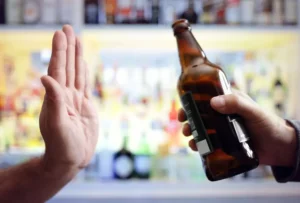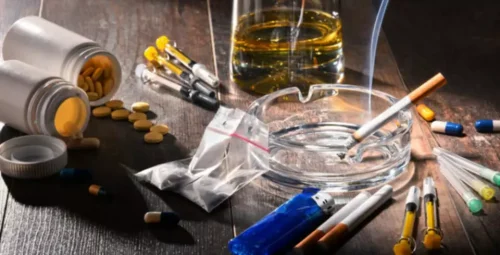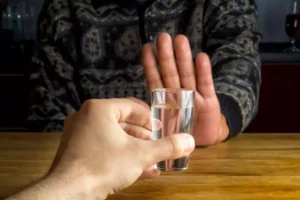
Practice active listening, express your thoughts and feelings honestly, and show genuine interest in the lives of others. Good communication can deepen connections and help you build a strong support network. As much as you need to express your remorse and commitment to change, it’s equally important to listen to how your addiction created toxic relationships.
Mental Health
The same way that addiction can destroy friendships, it can also impact relationships with loved ones. Family members may lose trust because of lies to cover up your addiction, for example. When building trust in recovery, honesty should be the guiding principle. Openly expressing to loved ones how you plan on repairing the relationship with them is the first step. Continuing to make efforts toward mending relationships with family will be beneficial in the long run.

How Addiction Impacts Relationships
- Individuals might feel undeserving of the trust and support they once received from their loved ones.
- You can also check your insurance benefits online now to determine whether your insurance provider will cover rehabilitation.
Connection in recovery also provides a source of positive reinforcement. Celebrating milestones and achievements with others who understand the significance of these accomplishments can be incredibly motivating. Likewise, surrounding yourself with positive influences and supportive people can help to create an environment that nurtures your recovery journey. Signs of a toxic relationship include persistent jealousy, lack of support, feeling like you must walk on eggshells around your partner, and consistently feeling drained or unhappy after spending time together. Other signs of toxicity can include controlling behaviors, such as constant monitoring of your whereabouts or repeated messaging until you respond.
- Original journal articles in English language were included where they reported on interventions targeting the nurse–patient therapeutic relationship and included a measure of alliance.
- I always wanted that, but something always held me back; I couldn’t get there.
- Moreover, codependent behavior can involve attempting to control or “fix” the addict’s problems.
The Importance of Personal Effort
- 1, global mean TWS anomalies (deviations from the 2003–2020 average) remained within the range -8 to + 16 mm from the onset of observations until the end of 2014.
- Those topics get much less attention, and people may feel guilty about even considering that their relationships have contributed to their substance use.
- Get the help you need from a therapist near you–a FREE service from Psychology Today.
Improving your self-esteem does not mean ignoring the things that make you human. To be human is to make mistakes; just do not let them keep you stuck. List your negative traits and label them as areas in your life you need to work on, areas for improvement.
These consistent efforts to make positive changes are key to regaining trust from loved ones. In addition to these challenges, addiction can also lead to financial issues in relationships. A person with an addiction may spend money on substances, causing financial strain. Seeking financial counseling can be beneficial to overcome such challenges 4.


They applied a data clustering algorithm to the global, 2002–2021 GRACE/FO data record (Save et al. 2016; Save 2020) in order to identify spatially contiguous regions where the TWS anomaly exceeded one standard deviation from the mean seasonal cycle. This enabled automated, objective identification of droughts and pluvials (large scale and extreme wet events). These were then quantified using an intensity metric (Thomas et al. 2014) that represents the integral under the curve of non-seasonal TWS anomaly versus time, in units of km3 months (equivalently, GT∙months). I often find that emotionally relationships in recovery distant partners aren’t trying to be cold.
Holistic Approaches in Eating Disorder Treatment Show Promise as Demand for Comprehensive Care Grows

Developing healthy relationships with others, yourself, and the God of your understanding is a process. Make an effort to nurture relationships with friends, family, and peers who support your sobriety. Reach out to loved ones and work on rebuilding trust and communication.
For the person living with SUD who feels rejected, Green notes that this isolation can make it more challenging to receive the emotional support needed during recovery. https://ecosoberhouse.com/article/is-it-safe-to-drink-alcohol-during-pregnancy/ Navigating relationships while in recovery can be challenging, but you can rebuild trust and repair bonds. As human beings, we are biologically programmed to form relationships.


